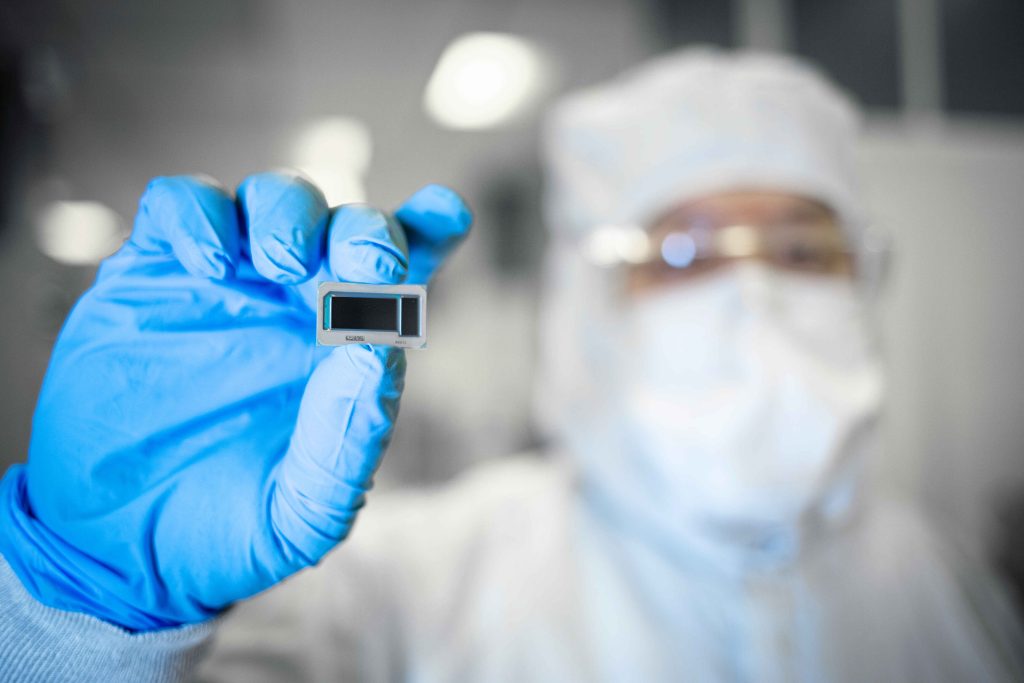Intel is facing significant challenges as sales figures for its new AI PC chips fall short of expectations. This decline in demand is impacting production capacity for older chip models, leading to notable complications for the company. Recently, the CEO disclosed plans for potential layoffs alongside disappointing financial results, resulting in a drop in the company’s stock.
Sales Trends and Production Issues
Intel has reported that customers are opting for the more affordable Raptor Lake chips rather than the pricier AI PC models, such as the Lunar Lake and Meteor Lake chips designed for laptops. During an earnings call, the company revealed a shortage of production capacity for its ‘Intel 7’ process node, which it anticipates will continue for the foreseeable future. This is surprising given that Intel’s current generation of chips utilizes newer process nodes from TSMC rather than the older ‘Intel 7’ node.
Reasons Behind the Demand Shift
The demand shift towards Intel’s previous-generation products stems from consumers’ sensitivity to pricing. Intel executive Michelle Johnston Holthaus elaborated that clients are focusing on affordable solutions due to macroeconomic pressures and the uncertain landscape related to tariffs, affecting their inventory strategies. The Raptor Lake chips are viewed as a viable option at a lower price point, while the newer Meteor Lake and Lunar Lake models entail a higher cost implication for both the company and its original equipment manufacturers (OEMs).
Future Product Launches
Despite these challenges, Intel maintains that the launch of its Panther Lake chips, scheduled for later this year, is proceeding as planned. Holthaus expressed confidence in the company’s prospects in the commercial sector, which typically serves as a precursor to wider consumer acceptance. However, she did not provide specific insights on anticipated consumer adoption rates for the next-generation AI PCs.
Consumer Perception of AI Technology
The perceived value of AI technology remains a barrier to widespread adoption. Current AI capabilities are primarily integrated into existing software applications, lacking the standout features necessary to drive significant consumer interest in new laptops. The absence of a compelling use case for AI has resulted in tepid demand for Intel’s latest offerings.
Financial Performance Overview
Intel’s financial results for its Client Computing Group (CCG) reflecting the consumer chip market indicate an 8% revenue decline compared to the previous year. The performance underscores the challenges the company faces in a competitive market where demand for advanced chips is not meeting expectations. As the industry continues to evolve, attention will turn to competitors like AMD for their insights and performance metrics.
In the coming days, analysts and industry observers will be keen to track CPU market statistics and Intel’s share performance as developments unfold. The current landscape suggests a need for Intel to adapt its strategy and offerings to regain consumer interest and market share.

